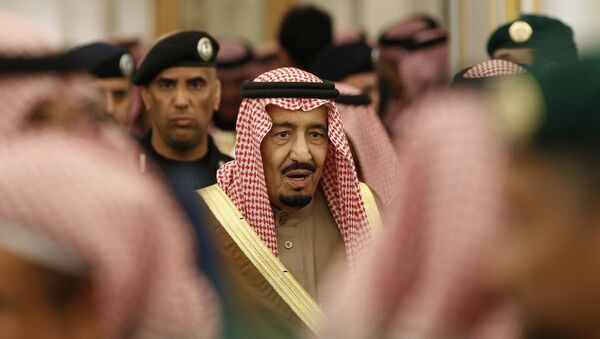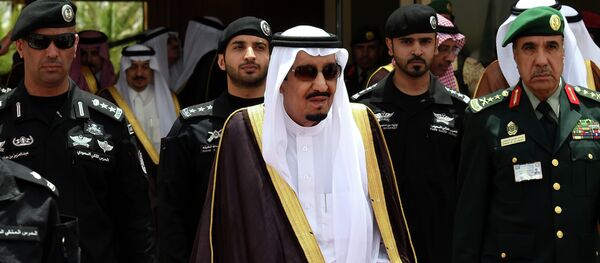In broad terms, King Salman's era, according to al-Mansoori, has been largely marked by "inward conservatism and outward activism," which contribute to "an atmosphere in Riyadh that you are either with us or against us."
"It is in the arena of defense and security that Riyadh will assert its leadership, but it is in the field of negotiations and diplomacy that Riyadh must consolidate its authority. In the absence of such peacemaking, Riyadh is ceding ground to other Arab and international actors, including its own [Gulf Cooperation Council] neighbors Oman, Qatar and Kuwait," al-Mansoori asserted.
Saudi Arabia does not seem to mind the implications of its newly-discovered assertiveness. For this reason Riyadh is ready to act regardless of whether its Western partners back its steps or not.
"While previous Saudi officials soft-pedaled the Kingdom's role in regional defense and security, implemented reforms and supported Western allies, they received little but criticism and scorn in the Western media. The new government's alternative is to stop placating Western allies and get on with the work of pursuing Saudi national interests by any means necessary. This is a realistic approach," al-Mansoori observed.
Time will tell whether the kingdom's new strategy pays off in terms of helping Riyadh to claim leadership in the Arab and Islamic worlds. However, "while it may be better to be feared than to be loved," as the analyst put it, regional challenges "will continue to test the limits of Saudi capabilities."



